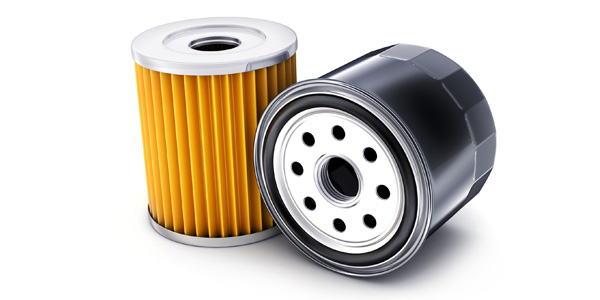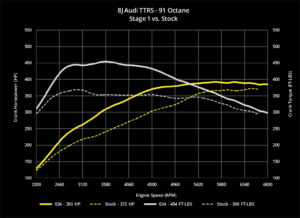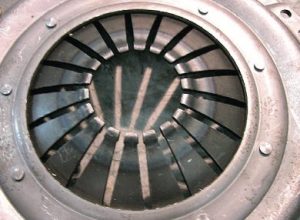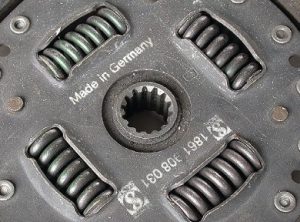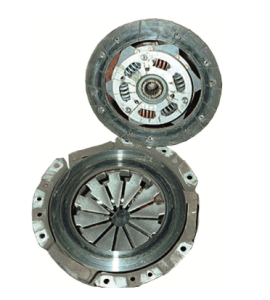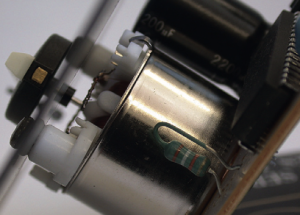Oil filters may not be the most exciting topic to talk about, but they are an essential component in keeping your car’s engine running smoothly. Without a quality oil filter, your engine would quickly become clogged with debris and contaminants, which could lead to costly repairs or even engine failure.
So, what exactly does an oil filter do? Simply put, an oil filter removes harmful contaminants from your engine oil. As your engine runs, it generates a lot of heat and friction, which can cause tiny particles of metal, dirt, and other debris to break off and mix with the oil. If left unchecked, these contaminants can cause damage to your engine, reducing its lifespan and efficiency.
A quality oil filter works by capturing these contaminants as the oil flows through it, preventing them from circulating through your engine. Most oil filters use a combination of a paper or synthetic filter element and a metal casing to trap debris. The filter element is designed to capture particles as small as 5 microns, which is smaller than the width of a human hair.
But not all oil filters are created equal. Cheap, low-quality oil filters may not be able to capture as many contaminants or may break down quickly, allowing debris to flow through your engine. That’s why it’s essential to choose a high-quality oil filter that is designed to last.
One of the best options on the market today is the K&N oil filter. K&N is a well-known brand in the automotive industry, and their oil filters are designed to provide superior filtration and protection for your engine. Their filters use a high-flow synthetic filter element that can capture more contaminants than traditional paper filters, and they are built to last up to 10,000 miles before needing to be replaced.
In addition to superior filtration, K&N oil filters also have a number of other benefits. They feature a heavy-duty construction that can withstand high pressures and extreme temperatures, making them ideal for high-performance engines. They also come with a nut on the end of the filter, making it easy to remove and install without the need for special tools.
So, if you want to keep your engine running smoothly and protect it from damage, invest in a high-quality oil filter like the K&N oil filter. It may not be the most exciting purchase you make for your car, but it’s certainly one of the most important!
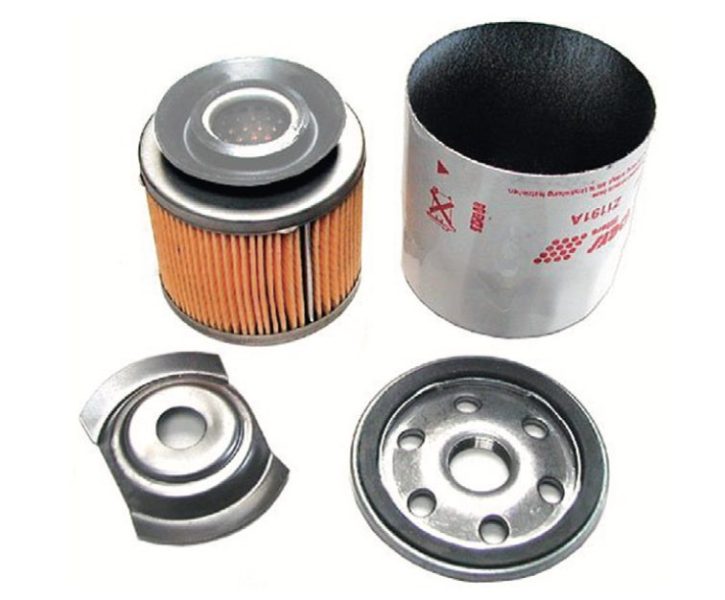
Sure! As I mentioned earlier, oil filters are essential components of your car’s engine. They help to keep your engine oil clean by trapping harmful contaminants that can cause damage to your engine. Without a quality oil filter, these contaminants would circulate through your engine, causing damage to critical engine components such as bearings, camshafts, and crankshafts. This can lead to costly repairs or even engine failure.
There are several types of oil filters available, including cartridge filters, spin-on filters, and magnetic filters. Cartridge filters are typically made of paper or synthetic material and are inserted into a housing located in the engine block. Spin-on filters are screw-on filters that are threaded onto a mounting base located on the engine block. Magnetic filters are a newer type of filter that use magnets to capture metal particles in the oil.
Regardless of the type of oil filter you choose, it’s important to select a high-quality filter that is designed to provide superior filtration and protection. Look for a filter that is rated to capture particles as small as 5 microns or smaller, as this will ensure that the filter is removing the most harmful contaminants from your engine oil.
In addition to choosing the right oil filter, it’s also important to change your oil and oil filter regularly. Most manufacturers recommend changing your oil and oil filter every 3,000 to 5,000 miles or every six months, whichever comes first. However, if you frequently drive in dusty or dirty conditions, you may need to change your oil and filter more frequently to prevent contamination.
To summarize, oil filters are critical components of your car’s engine that help to keep your engine oil clean and prevent damage to critical engine components. Choosing a high-quality filter and changing your oil and filter regularly will help to ensure that your engine runs smoothly and efficiently for years to come.
Advantages of Oil Filters:
- Engine Protection: Oil filters are designed to remove harmful contaminants from the engine oil, such as dirt, dust, metal particles, and other debris. By removing these contaminants, oil filters help protect the engine from wear and tear, extending its lifespan and improving its performance.
- Improved Fuel Efficiency: A clean engine runs more efficiently, and by using an oil filter, you can help ensure that your engine is operating at its peak performance. This can lead to improved fuel efficiency, as your engine is using less fuel to produce the same amount of power.
- Longer Engine Life: Oil filters help to extend the life of your engine by keeping it clean and reducing the amount of wear and tear on critical engine components. By investing in a high-quality oil filter and changing your oil regularly, you can help ensure that your engine lasts for many years.
Disadvantages of Oil Filters:
- Cost: While oil filters are relatively inexpensive, the cost can add up over time, especially if you need to change your oil and filter frequently.
- Maintenance: Oil filters require regular maintenance, including regular oil changes and filter replacements. This can be time-consuming and may require specialized tools or equipment.
- Environmental Impact: Oil filters contain oil and other contaminants, which can be harmful to the environment if not disposed of properly. It’s important to dispose of used oil filters in accordance with local regulations to minimize their environmental impact.
In conclusion, while there are some disadvantages to using oil filters, the benefits far outweigh the costs. By investing in a high-quality oil filter and taking good care of your engine, you can help ensure that your car runs smoothly and efficiently for years to come.

